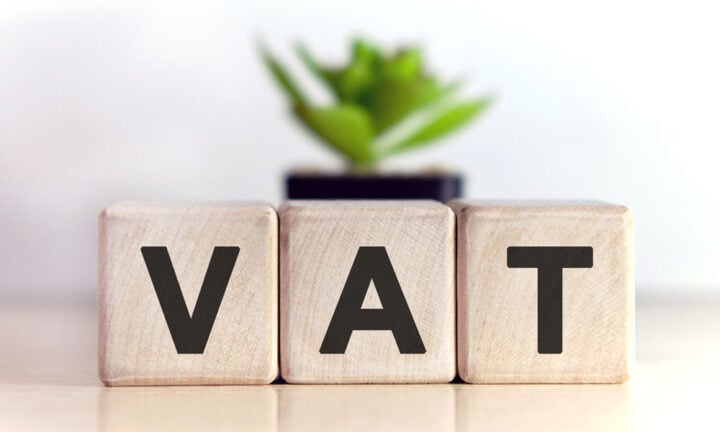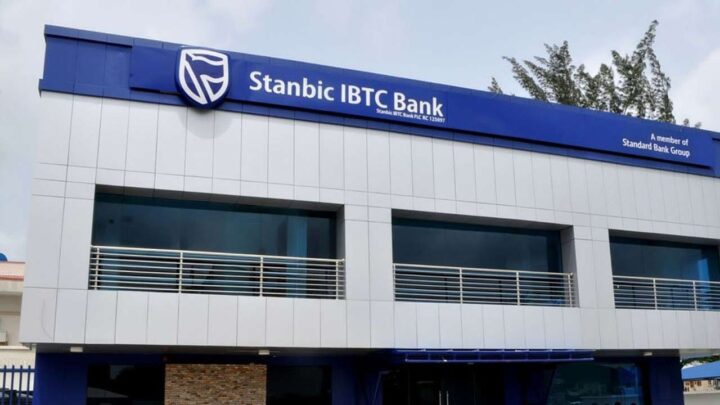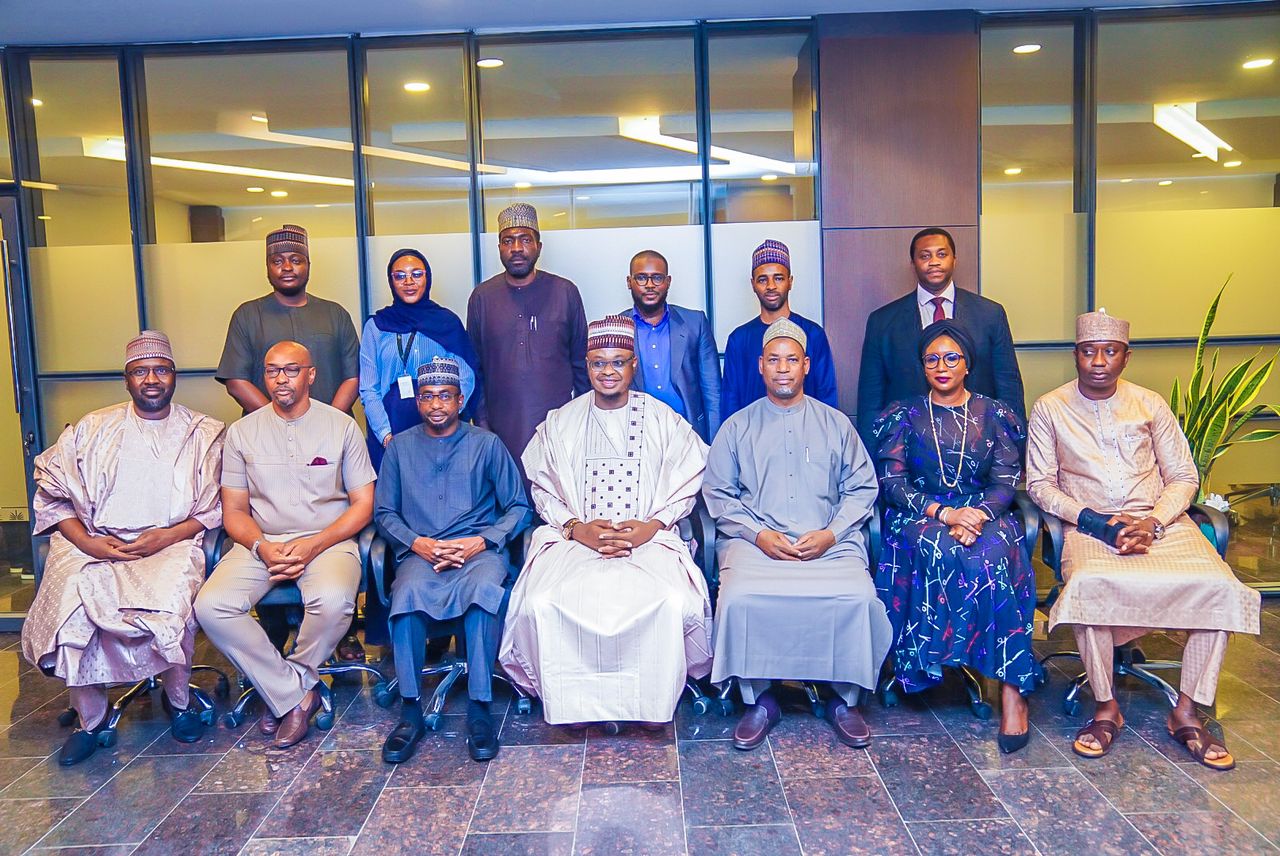The National Bureau of Statistics (NBS) says Nigeria generated N697.38 billion as the aggregate revenue from value-added tax (VAT) in the fourth quarter (Q4) of 2022.
The figure represents an increase of N71.99 billion compared to the N625.39 billion recorded in the third quarter (Q3) of 2022.
VAT is a consumption tax that is administered by the Federal Inland Revenue Service (FIRS). Revenue generated from VAT is usually disbursed to the three tiers of government through the federation accounts allocation committee (FAAC).
In its latest report on VAT collection for Q4 2022 released on Wednesday, the bureau said the figure grew by 11.51 percent on a quarter-on-quarter basis.
Advertisement
On a year-on-year basis, VAT collections for the period under review increased by 23.71 percent from Q4 2021, NBS said.
Analysis of the report by TheCable Index shows that local payments recorded N408.12 billion. While foreign VAT payments contributed N159.83 billion, N129.43 billion came from import VAT in Q4 2022.
In the quarter under review, according to NBS, arts, entertainment, and recreation activities recorded the highest growth rate at 43.82 percent; followed by human health and social work activities with 35.82 percent.
Advertisement
“On the other hand, agriculture, forestry and fishing had the lowest growth rate with 30.12 percent, followed by activities of extraterritorial organisations and bodies with 19.81 percent,” the report reads.
“In terms of sectoral contributions, the top three largest shares in Q4 2022 were manufacturing with 32.17 percent, information and communication with 18.05 percent, and public administration and defence, compulsory social security with 9.87 percent.”
The NBS said the least collection of VAT was recorded in areas such as domestic activities and services, as well as activities outside the territory of the country.
“On the other hand, activities of households as employers, undifferentiated goods and services-producing activities of households for own use recorded the least share with 0.01 percent,” the report added.
Advertisement
“This was followed by activities of extraterritorial organisations and bodies with 0.05 percent, and water supply, sewerage, waste management and remediation activities with 0.07 percent.”
Add a comment






